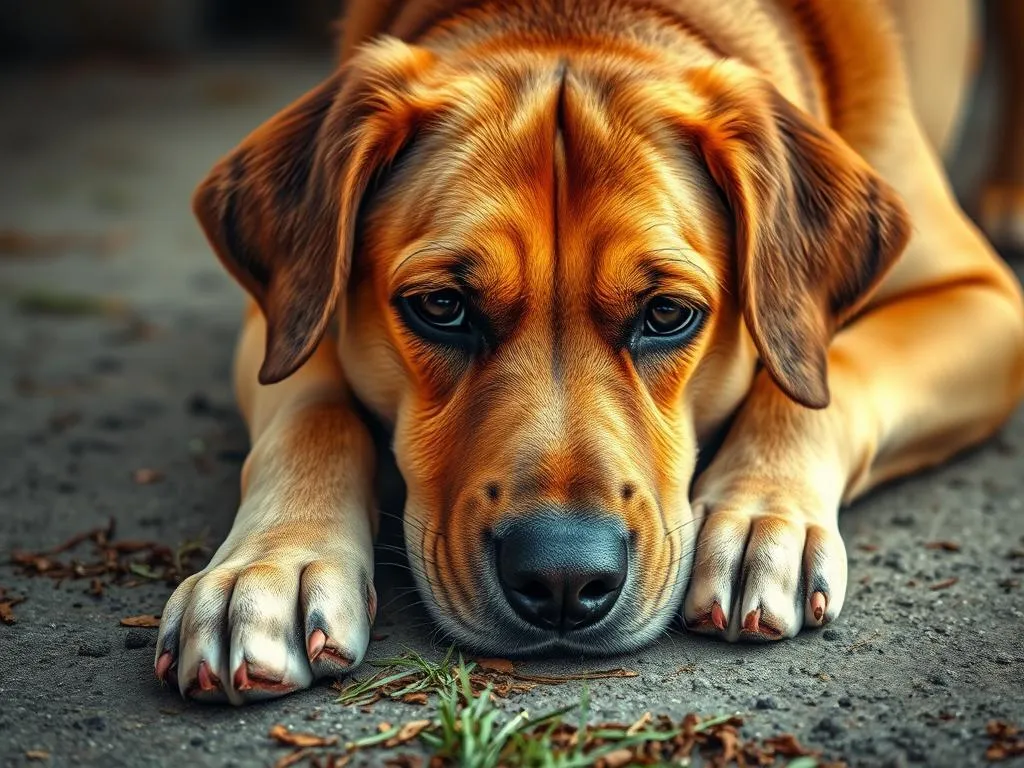
Introduction
Dogs are fascinating creatures, exhibiting a wide range of behaviors that often intrigue their owners. Among these behaviors, face rubbing is particularly common, leaving many pet parents wondering, why do dogs rub their faces on the ground? Understanding this behavior is crucial for effective training and fostering a healthy relationship with our furry friends. In this article, we will delve into the reasons behind this behavior, explore the psychological factors influencing it, and offer training strategies to manage and redirect it.
Understanding Dog Behavior
The Nature of Dogs
To comprehend why dogs engage in face rubbing, it’s essential to recognize their evolutionary background. Dogs are descendants of wolves, and many of their instincts stem from this lineage. They possess natural instincts that drive them to explore their environment, communicate with others, and establish territory. These behaviors are not just random; they are deeply embedded in their social structure and survival strategies.
Importance of Body Language
Dogs are adept communicators, often using body language to convey their feelings and intentions. Face rubbing can be a significant behavioral cue, indicating various things depending on the context. Understanding these signals can help owners respond appropriately and modify their dog’s behavior effectively.
Reasons Why Dogs Rub Their Faces on the Ground
Natural Instincts
One of the primary reasons dogs rub their faces on the ground relates to their natural instincts. This behavior can serve several purposes:
-
Scent Marking and Territory: Dogs are highly scent-oriented animals. Rubbing their faces on the ground can help them mark their territory with their scent, providing a way to claim their space.
-
Rolling in Scents: Dogs often roll in both pleasant and unpleasant scents, which can include grass, dirt, or even the remains of something they’ve found. This behavior is a way for dogs to gather information about their surroundings and communicate with other dogs.
Grooming and Comfort
Face rubbing can also serve as a self-grooming behavior. Dogs may rub their faces on the ground to clean themselves or relieve irritation. If a dog has an itch or discomfort around their face, they may instinctively turn to the ground for relief.
Communication and Social Signals
In some cases, face rubbing is a form of communication. Dogs may engage in this behavior as:
-
Appeasement Gestures: Rubbing their faces may signal submission or a desire to avoid conflict with other dogs.
-
Playful Behavior and Excitement: Dogs often express their excitement through various behaviors, including face rubbing, especially during playtime.
Attention-Seeking Behavior
Some dogs learn that rubbing their faces on the ground garners attention from their owners. This behavior can become a learned response, where dogs associate face rubbing with positive interactions, such as laughter or petting.
Psychological Factors
Anxiety and Stress
Stress and anxiety can significantly impact a dog’s behavior. When dogs feel anxious, they may engage in face rubbing as a coping mechanism. This behavior can be a sign that the dog is overwhelmed or uncomfortable in their environment.
Boredom and Lack of Stimulation
A lack of physical exercise or mental stimulation can lead to boredom in dogs. When dogs are not adequately challenged, they may resort to face rubbing as an outlet for their pent-up energy. This behavior can indicate that the dog needs more engagement in their daily routine.
Training Strategies to Address Face Rubbing
Positive Reinforcement Techniques
Training methods that employ positive reinforcement can be effective in addressing face rubbing. This involves rewarding desirable behaviors rather than punishing undesirable ones. For instance, if a dog begins to rub their face, redirect them to a more appropriate activity and reward them when they comply.
Providing Alternatives
Offering engaging toys or activities can help redirect a dog’s face rubbing behavior. Dogs thrive in stimulating environments where they can explore and play. Providing options such as chew toys, puzzle toys, or interactive games can keep them occupied and less likely to engage in face rubbing.
Socialization and Training Classes
Socializing dogs with other canine companions can help improve their behavior. Training classes offer structured environments where dogs can learn social cues and proper interactions. Professional trainers can provide insights and techniques tailored to a dog’s specific needs.
When to Seek Professional Help
Signs of Excessive Behavior
While face rubbing can be a normal behavior, excessive face rubbing may indicate a more serious issue. Owners should distinguish between typical behavior and compulsive actions. If a dog rubs its face to the point of causing injury or seems distressed, it’s essential to consult a veterinarian or dog trainer.
Potential Medical Issues
Certain medical conditions can lead to discomfort that prompts face rubbing. Skin irritations, allergies, or dental issues may cause dogs to rub their faces on the ground. A thorough veterinary examination can help identify any underlying health problems that need addressing.
Conclusion
Understanding why do dogs rub their faces on the ground is crucial for any dog owner. The reasons behind this behavior can range from instinctive actions to anxiety-driven responses. By recognizing the underlying motivations, pet owners can take proactive measures to address and redirect this behavior effectively. Engaging with dogs through observation, training, and proper care can foster a healthy and fulfilling relationship.
FAQs
Common Questions About Dog Behavior
-
Why do dogs rub their faces on the ground after eating?
Dogs may rub their faces after eating to clean themselves or to express satisfaction with their meal. -
Is face rubbing a sign of happiness?
Face rubbing can indicate excitement, but it’s essential to consider the context. If it’s accompanied by other happy behaviors, it may signify joy. -
How can I stop my dog from rubbing its face on the ground?
Redirecting their attention to alternative behaviors, providing engaging toys, and ensuring they receive adequate exercise and mental stimulation can help.
Answers to Clarify Misconceptions
Many myths surround dog behavior, but understanding the truths can help owners respond appropriately. For instance, not all face rubbing is a sign of distress; it can also be a natural, instinctive behavior. Recognizing the context and the dog’s overall body language is essential for accurate interpretation.
By taking the time to observe and engage with our dogs, we can better understand their behaviors and promote a happy, healthy life together.









